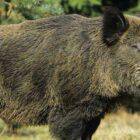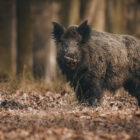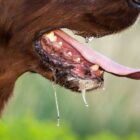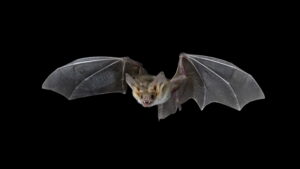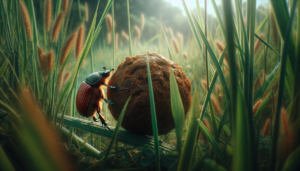Why do male lions kill cubs?
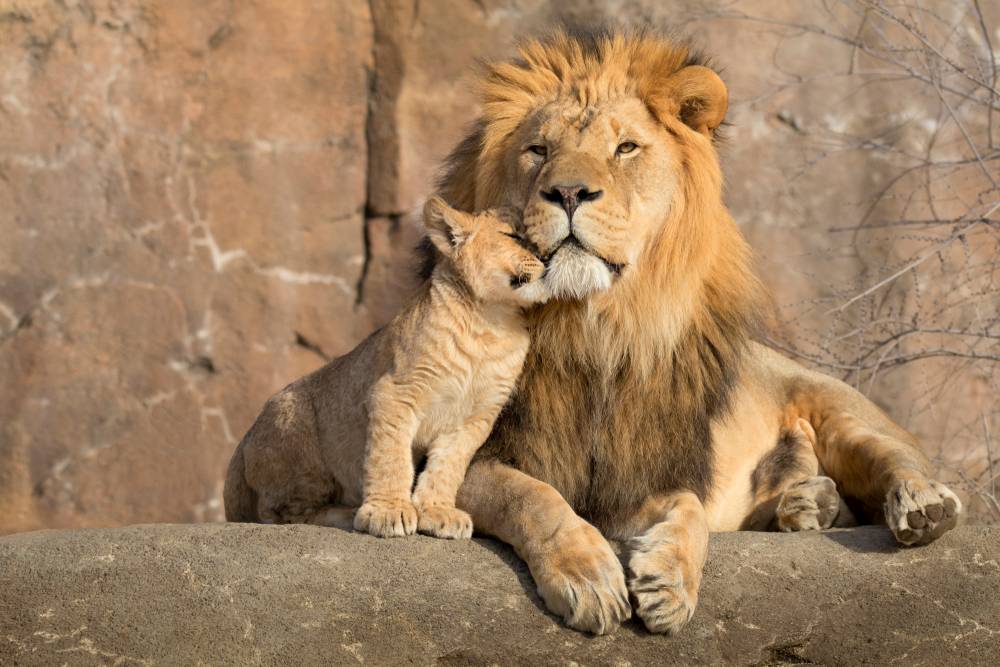
Male lions, the charismatic kings of the savanna, are not always the benevolent protectors they appear to be. One of the most perplexing behaviors witnessed in the wild is the infanticide committed by male lions against cubs.
The Disconcerting Nature of Infanticide
To comprehend why male lions kill cubs, we must first acknowledge the disconcerting nature of infanticide itself. Infanticide, defined as the deliberate killing of offspring by a parent, is a behavior that spans the animal kingdom, from insects to mammals. While it may evoke discomfort and moral unease in human observers, we must approach the subject with a scientific lens, acknowledging the inherent complexity of evolutionary strategies.
The concept of infanticide challenges our anthropocentric views of parenthood, where the nurturing instinct is considered paramount. In the animal kingdom, however, survival and reproduction often take precedence over sentimental considerations. One of the prevailing theories behind infanticide lies in the concept of inclusive fitness, a cornerstone of evolutionary biology.
Inclusive fitness suggests that an individual’s genetic success is not solely determined by its direct offspring but also by the reproductive success of close relatives who share a portion of its genes. This perspective reframes our understanding of reproductive behavior, emphasizing the importance of genetic propagation even at the expense of individual offspring.
In some species, infanticide is not a male-exclusive behavior; females also engage in it. This phenomenon is observed in certain rodent species and primates, where the females might eliminate the offspring of rivals to secure resources or increase their own reproductive success.
Why lions commit infanticide
Lions, like many other species, have developed intricate strategies over millennia to ensure the survival and proliferation of their genetic legacy. While the idea of a father figure harming his own progeny seems paradoxical, it becomes more understandable when viewed through the lens of evolutionary pressures.
In the realm of lion prides, where the struggle for dominance and reproduction is unrelenting, the male lion faces a challenging scenario when taking over a pride. In the wild, prides are not static entities; they are dynamic and subject to constant change. When a new male assumes control, he is faced with the dilemma of maximizing his reproductive success.
One of the primary reasons behind infanticide in male lions is the drive to eliminate potential competitors—cubs sired by the previous dominant male. By dispatching these existing offspring, the new male prompts the lionesses to come into estrus sooner. This acceleration of the reproductive cycle provides him with the opportunity to father his own cubs, ensuring that his genetic material takes precedence within the pride.
The Cost-Benefit Conundrum
From a cold, evolutionary standpoint, infanticide can be seen as a cost-benefit calculation. The benefits lie in maximizing the male lion’s reproductive success, while the costs are borne by the slain cubs.
In the case of male lions and their tendency to kill cubs, the benefits are clear: by eliminating the existing offspring, the male can swiftly ensure that the lionesses in the pride will come into estrus sooner. This acceleration of reproductive cycling provides the male lion with an opportunity to sire his own progeny, thus increasing the chances of passing on his genetic material to the next generation.
The costs, however, are not trivial. Infanticide inflicts a severe toll on the cubs themselves, as their lives are sacrificed for the genetic advantage of the dominant male.
The calculus of the cost-benefit conundrum becomes even more complex when considering the intricate social structures within lion prides. Lionesses, as primary caregivers, invest significant time and energy in raising their cubs. Therefore, the male’s decision to eliminate these cubs is not without repercussions.
Furthermore, the cost-benefit analysis is not solely confined to the individual male lion. It extends to the collective success of the pride as a whole. The surviving cubs may benefit from the protection and support of the new dominant male, ensuring their survival in the harsh wilderness. On the other hand, the genetic legacy of the previous male may be compromised, challenging the very essence of the male lion’s pursuit of reproductive success.
The Complexity of Social Structures
Lions are highly social animals, forming tight-knit family groups known as prides. Within a typical pride, a dominant male, often referred to as the pride male or coalition of males, assumes the role of protector and leader. His primary responsibility is to defend the territory, ensuring the safety and well-being of the resident lionesses and cubs. While the lionesses are the primary hunters, working together to bring down prey, the male’s presence is critical for safeguarding the pride against external threats.
However, the relationship between the dominant male and the lionesses is not purely cooperative. It is marked by a delicate balance of power, submission, and cooperation. The lionesses, despite their vital roles in hunting and raising cubs, are not exempt from the influence of the dominant male. His authority extends to reproductive control, and he dictates the timing and frequency of mating within the pride.
This power dynamic becomes particularly relevant when a new male assumes control of a pride, either through ousting the previous leader or by establishing a new territory. In these situations, the incoming male faces the challenge of ensuring that the cubs under his care carry his genetic lineage. The most effective way to achieve this goal is through the unsettling act of infanticide.
The lionesses, while exhibiting maternal instincts, may reluctantly accept or even participate in infanticidal acts. This seemingly contradictory behavior can be attributed to the intricate web of social structures within the pride. Lionesses have evolved to prioritize the survival and success of the pride over individual concerns. When faced with a change in leadership, they may conform to the reproductive strategies dictated by the dominant male, even if it involves the sacrifice of their own cubs.
Understanding lion infanticide


